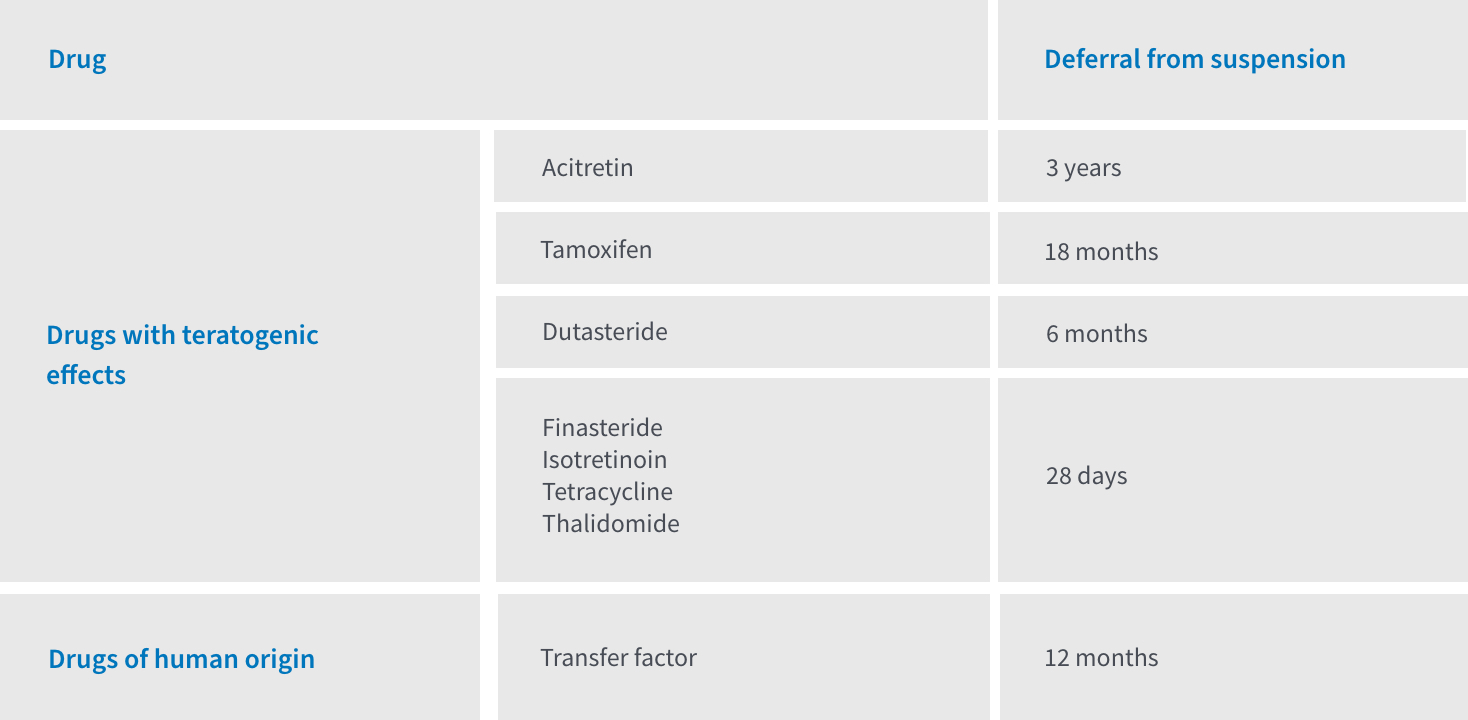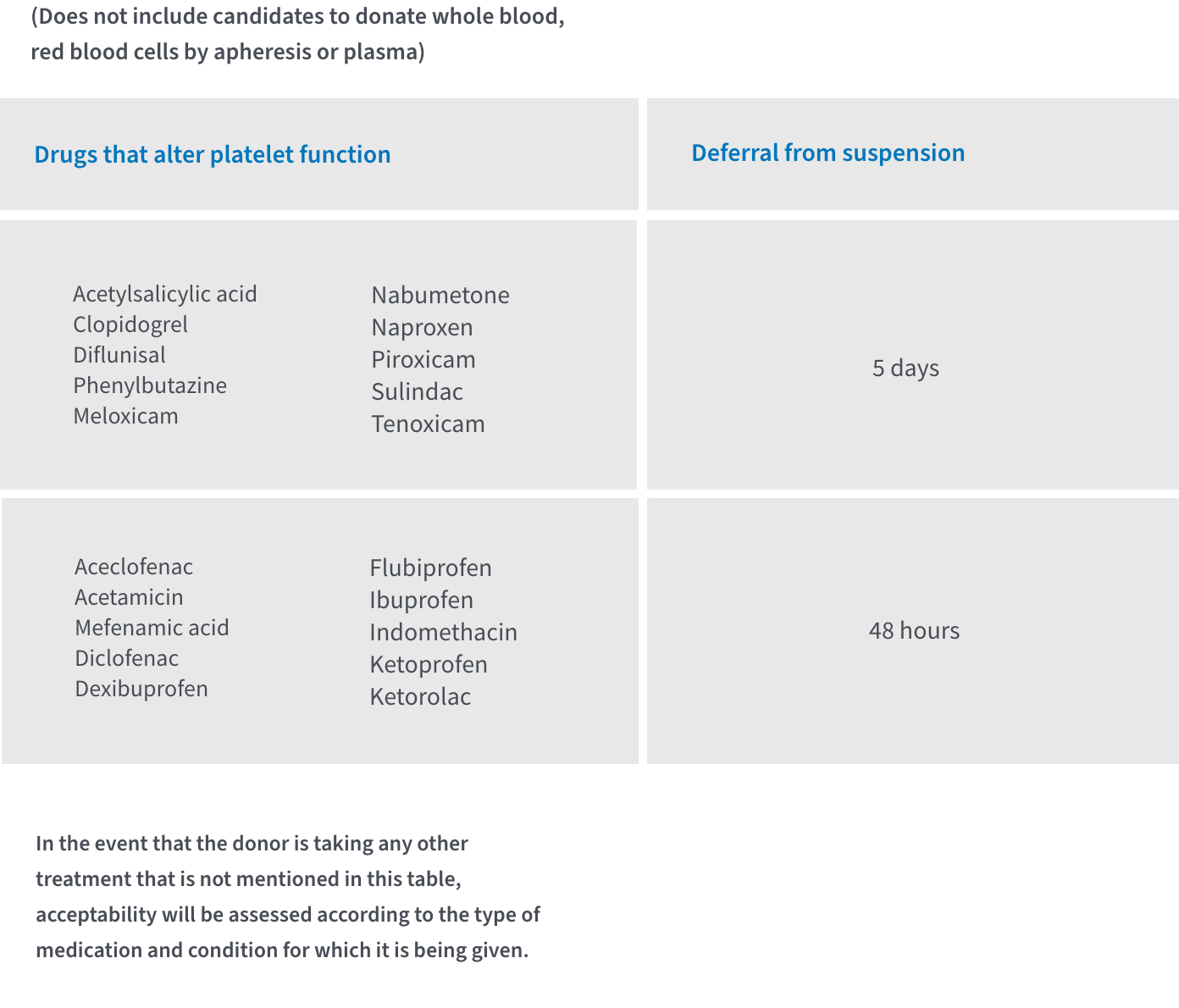Cardiovascular Diagnostic Center
In the Cardiovascular Diagnostic Center, it will be possible to diagnose and treat existing diseases such as angina, acute myocardial infarction, cerebrovascular failure, heart failure, kidney failure, among others, and rehabilitate and integrate the patient into their normal life.

Coronary CT angiography:
Also called percutaneous coronary intervention, it is a procedure used to open blocked arteries in the heart.
Three-dimensional echocardiogram (3D Echo):
An echocardiogram uses sound waves to produce images of the heart. This common test allows the
doctor to see how the heart beats and pumps blood. The doctor can use the images from an echocardiogram to identify heart disease. It is done to detect problems with the valves or chambers of the heart and to determine if heart problems are the cause of symptoms such as shortness of breath or chest pain.
Nuclear stress test:
The nuclear stress test uses a radioactive dye and a machine to create images that show blood flow to the heart. The test measures blood flow when you are resting and exercising, identifying areas with poor blood flow or damage to the heart.
The test usually involves injecting radioactive dye and then capturing two sets of images of the heart: one while you are at rest and one after exertion.
Cardiac Tomography (CT):
It is an imaging test of the heart that helps determine if plaque formation has caused a patient's coronary arteries (the blood vessels that supply the heart) to narrow.
Rest and stress myocardial SPECT:
It is a radiodiagnostic test in which images (obtained in a gamma camera) and the administration of
radiopharmaceuticals (MBI or Thallium) are combined. This test makes it possible to accurately study the behavior of the heart muscle (myocardium) during exercise and at rest, and thus assess the blood supply in both situations.
Cardiac gammagram:
Which is based on ingesting a radiopharmaceutical as a contrast agent to visualize areas of infarction or areas of the heart with little blood supply.
Magnetic resonance imaging:
It is the most advanced and developed non-invasive imaging technique, established as a reference technique to study a large number of diseases that affect the cardiovascular system. It responds to clinical problems that hardly find an answer in traditional Cardiology. It makes it possible to establish, for example, aspects of ischemic heart disease, cardiomyopathy and valvular disease that have been unknown until now, causing, in many cases, a change in its diagnostic paradigm.
It has become the reference standard for studying ventricular volumes and evaluating global and regional contractility of the heart.
It is indicated in congenital heart disease, acquired diseases of the vessels, coronary heart disease, cardiomyopathies, heart transplantation, pericardial disease and heart masses, and valvular disease.
Some of the studies carried out at the Cardiovascular Diagnostic Center are:
Electrocardiogram (EKG):
It is indicated for the detection of symptomatic arrhythmias, as part of the preoperative assessment or when a patient has one to three cardiovascular risk factors and it is desired to rule out a coronary insufficiency problem.
Holter EKG studies
It is a monitoring of the heart rate and rhythm for a duration of 24 hours. Continuous cardiac monitoring is performed for 24 hours, it is indicated in the evaluation and search for cardiac arrhythmias.
ABPM (Ambulatory Blood Pressure Monitoring)
It allows the blood pressure to be recorded for a period of 24 hours, it is used in the search for arterial hypertension and in patients with a previous diagnosis of hypertension who are under treatment, to stratify an adequate control.
Stress tests (Ergometry)
The band stress test is indicated in patients in whom the symptomatology seeks to rule out a coronary insufficiency problem and in whom the electrocardiogram at rest is normal; as long as the patients are stable, and an acute cardiovascular event has been ruled out.
Cardiovascular Prevention
and Detection Clinic
Queremos ayudarte a prevenir, detectar o solucionar enfermedades cardiovasculares, es por ello que contamos con las mejores opciones para tu diagnóstico y tratamiento.
The studies carried out at the Cardiovascular Center of the ABC Medical Center are interpreted by cardiologists to give you the greatest certainty in the diagnosis.
En caso de que necesites un estudio de
diagnóstico comunícate al teléfono 5552303702
para recibir instrucciones de como debes
prepararte para estos estudios y agendar una cita.
Our Locations
At ABC Medical Center, we are prepared to serve you in out two Campuses 24/24h, 7 days a week.
Campus Observatorio
Sur 136 No. 116, Col. Las Américas,
Álvaro Obregón, 01120, Cd. de México.
Tel. 55 5230 8000
Campus Santa Fe
Av. Carlos Graef Fernández 154, Col. Santa Fe,
Cuajimalpa, 05300, Cd. de México.
Tel. 55 1103 1600




